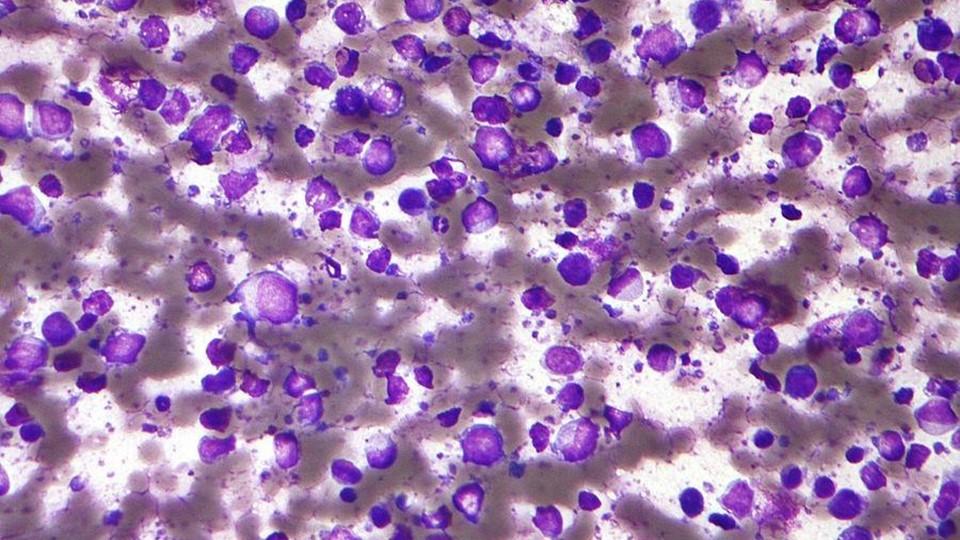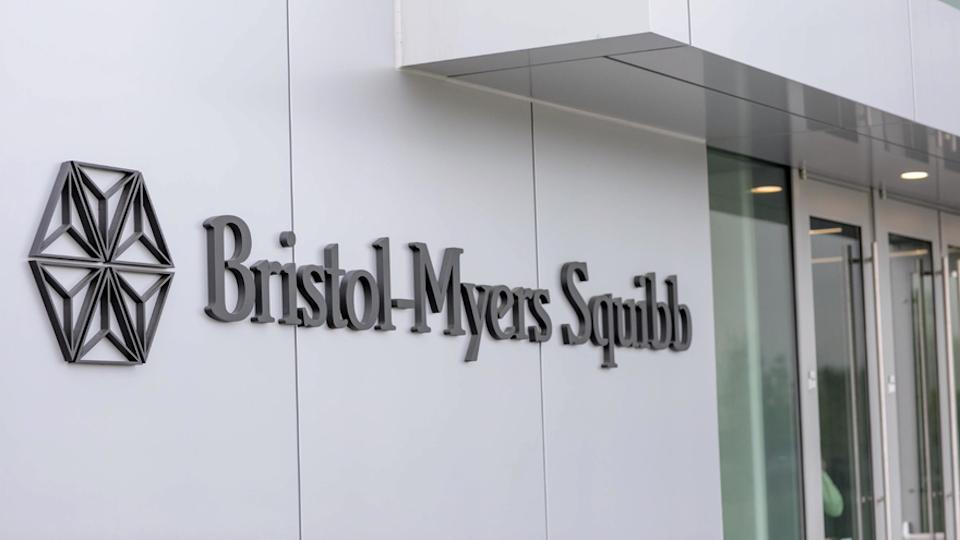AbbVie’s Tepkinly backed by NICE for DLBCL patients

AbbVie’s CD20xCD3 bispecific antibody Tepkinly has been recommended by NICE for NHS use as a treatment for relapsed or refractory diffuse large B-cell lymphoma (DLBCL), an aggressive and fast-growing form of non-Hodgkin lymphoma.
Tepkinly (epcoritamab) – the first medicine to emerge from AbbVie’s $3.9 billion alliance with Genmab signed in 2020 – can be used to treat adults with DLBCL whose cancer has returned or has not responded to at least two previous systemic treatments.
The drug is the first injectable CD20xCD3 bispecific antibody to be approved in this setting, providing a subcutaneously administered alternative to Roche’s intravenous infusion Columvi (glofitamab), which was recommended by NICE for this group of patients last October.
Tepkinly is given in hospital as a once-weekly subcutaneous injection for 12 weeks, followed by two-weekly and once-monthly dosing until treatment is discontinued, either due to cancer progression or side effects. Patients should have been previously treated with Roche's CD79b-directed antibody-drug conjugate Polivy (polatuzumab vedotin), unless contraindicated.
Roche, meanwhile, has said that the fixed duration of treatment with Columvi of 12 cycles given over around 8.5 months may be more popular with patients who would prefer a target completion date, as well as payers who face a fixed cost of treatment.
Professor Chris Fox, a haematology specialist at Nottingham University Hospitals NHS Trust, said Tepkinly’s subcutaneous route of administration “may help to support capacity planning within lymphoma services.”
Both drugs are being offered as simpler alternatives to third-line CAR-T therapies for DLBCL, namely Novartis’ Kymriah (tisagenlecleucel), Gilead Sciences’ Yescarta (axicabtagene ciloleucel), and Breyanzi (lisocabtagene maraleucel), which have lengthy and complex manufacturing and administration procedures and require in-hospital care.
There are nearly 5,500 new diagnoses of DLBCL in the UK each year, with a population of around 700 patients whose cancer has returned or has not responded to at least two prior treatments. For this latter group, the prognosis is very poor, according to AbbVie.
Tepkinly (known as Epkinly in some markets) was approved for use in DLBCL on the back of the phase 1/2 EPCORE study, which showed an overall response rate of 62% with the drug, including 39% complete responses – meaning there was no evidence of disease from tests.
“Today’s decision from NICE approving epcoritamab for eligible patients for use on the NHS in England and Wales is a welcome step for many,” said Rincy George, policy officer at patient organisation Blood Cancer UK.
“Like many that experience blood cancer, people with relapsed or refractory DLBCL experience anxiety around the prospect of not responding to treatment or the cancer once again returning,” she added.
Analysts at Jefferies previously predicted that AbbVie and Genmab’s drug could make up to $2.75 billion at peak, which, if achieved, would help AbbVie offset some of the impact of biosimilar competition to its immunology blockbuster Humira (adalimumab).













